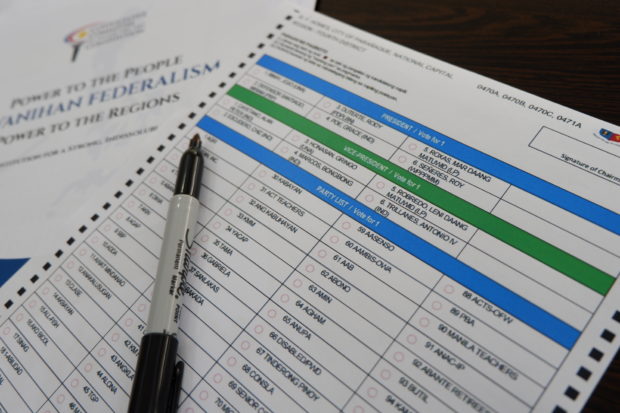
We, the undersigned academics and professionals, are expressing our deep concern as regards the process of reviewing and possibly amending our Constitution.
We acknowledge the importance of discussing ways to improve governance in the country, particularly when it comes to a possible shift to a new, federal form of government. Some of us actually support federalism, while others oppose it. We have nevertheless united in this common statement to acknowledge the importance of evidence-based debate and discussion to root out the main benefits and costs of such a reform.
Given the far-reaching implications of this reform, we believe the process must be much more participatory—including not just those who are for this reform, but also those who oppose it. International policy experience and evidence suggests that constitutional reforms are more effective if deliberations are front-loaded at the crafting stage, rather than belatedly appended once these reforms are already ratified.
The present environment is not conducive to reforming the constitution. The most recent nationwide surveys of SWS and Pulse Asia last March 2018 show that only 25% of our citizens sufficiently understand our existing constitution, while only 37% support the shift to federalism. 64% are against charter change. ‘Changing the Constitution’ also ranked last in the ‘most urgent national concerns’ with only 3% of the Filipinos saying that it should be acted upon immediately.
We do not support calls to channel this reform through a Constituent Assembly.
Almost 80% of Congress is comprised of political dynasties, and the empirical evidence suggests that a majority of them may face deep conflict of interest if a new constitution aims for reforms that level the political playing field. The risk of capture by vested interests affecting our present politics is too great.
We do not support calls to postpone or cancel elections in 2019.
Finally, we believe that there are more pressing and immediate policy challenges that our leaders must address. The rising death toll linked to the anti-drugs campaign, which now includes many children and young people. The killings of political leaders and priests also further raise the spectre of injustice. Rising prices of basic commodities, transportation and other needs are also hitting the poor, our workers, and millions of low income households. If these are unresolved, then how can we credibly unite around “rule of law” and “human rights” under an amended constitution?
A constitution is supposed to bind our nation in common values and a shared vision. It is the very glue that should unite us all in common purpose. If we are to amend the constitution, we must invest not just in the outcome, but in the very process.
This is a broad discussion that must bring together our citizens from all walks of life, professions and political leanings. It is a national discourse that must allay fears, clarify concerns and bring us all towards common ground.
The full statement and list of signatories are posted at https://peaceprofessors.wordpress.com/2018/07/13/no-to-con-ass-statement-on-prospect-for-constitutional-reforms/.
For those who are interested in joining this effort, please send an email to peaceprofessors.ph@gmail.com.